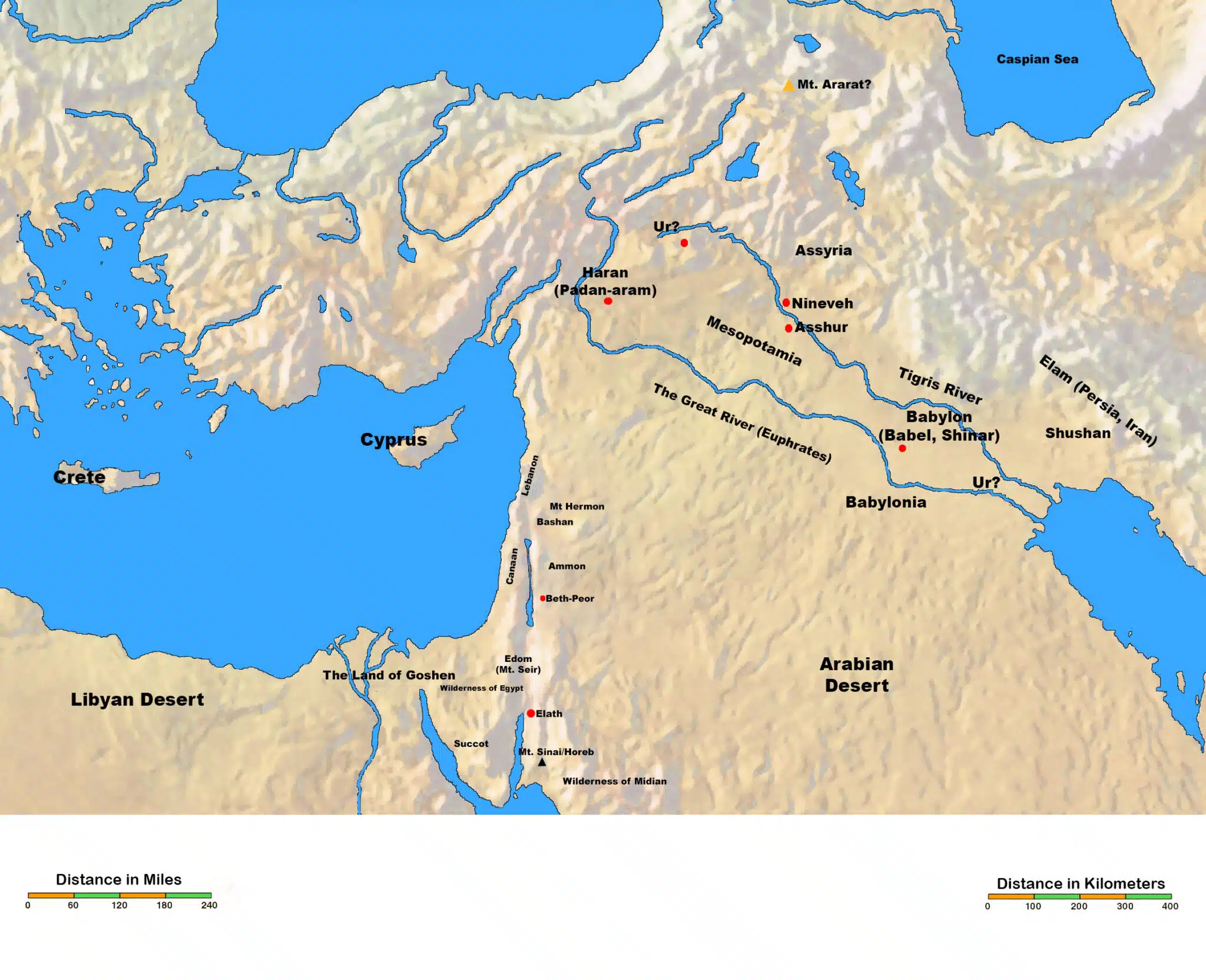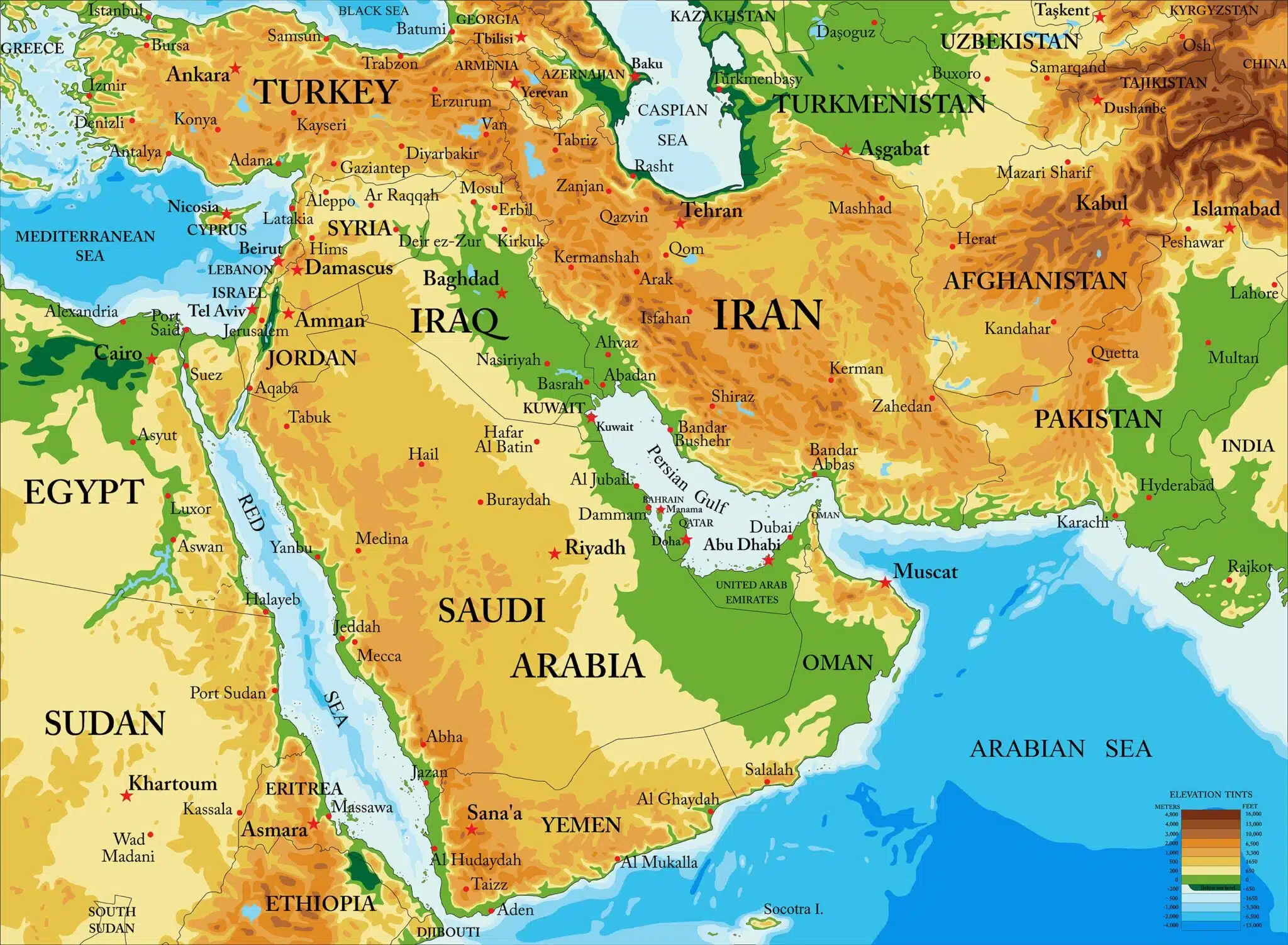Abraham again offers to pay for the land and cave. Ephron says the land was worth 400 shekels of silver. So, Abraham purchases the land and cave for that amount.
Abraham meets Ephron’s offer with a sign of respect—he bowed before the people of the land. However, Abraham wants to secure the cave then and there, so he spoke to Ephron so that the people of the land heard (so that all there were witness to the business deal), saying, “If you will only please listen to me; I will give the price of the field, accept it from me so that I may bury my dead there.” He cuts to the chase, offering to pay the asked price to own the cave, as well as the field which Ephron added in the previous passage. The fact that Abraham does not begin with an offer price would put him in a poor negotiating position. But Abraham seems more intent on having undisputed ownership and continuing his positive relationship with the locals.
Ephron now prices the land. It seems likely all that has gone before has been a sort of dance to see who names the first price. Ephron states that the plot of land is worth four hundred shekels of silver. He downplays the importance of the property, saying, what is it between me and you? So bury your dead. This seems to be an opening ask, and would seem likely that what would be expected would be a protracted negotiation. However, Abraham simply agrees to pay the asking price.
It is difficult to evaluate this price relative to the current prevailing wages. But some estimate that a current equivalence would approach $100,000 for the field and cave. It is impossible to know whether this is a good or bad deal, but it would seem that Abraham’s primary goal here is to make a solid impression such that there is no grounds for any subsequent questioning of his ownership of the burial plot.
So Abraham weighed out for Ephron the silver which he had named in the presence of the sons of Heth. Again this is a public meeting at the gate of Ephron’s city, with many witnesses gathered. This land purchase will be legal due to the manner in which the negotiation and purchase was conducted. Once the payment is given, Ephron cannot ask any more of Abraham, or claim the land is still his, because of this contractual conversation in front of the community. Everyone knows now that the cave and field in Machpelah will belong to Abraham henceforth. Abraham pays Ephron four hundred shekels of silver, which was currency acceptable to a merchant. Shekels in those days were units of weight, rather than minted coins. This is why the silver was weighed out. The appropriate weight was measured and delivered to Ephron, four hundred shekels of silver, which was acceptable for such a transaction.
Biblical Text
12 And Abraham bowed before the people of the land. 13 But he spoke to Ephron so that the people of the land heard, saying, “If you will only please listen to me; I will give the price of the field, accept it from me so that I may bury my dead there.” 14 Then Ephron answered Abraham, saying to him, 15 “My lord, listen to me: a plot of land worth four hundred shekels of silver—what is that between me and you? So bury your dead.” 16 Abraham listened to Ephron; and Abraham weighed out for Ephron the silver which he had named in the presence of the sons of Heth, four hundred shekels of silver, currency acceptable to a merchant.
Check out our other commentaries:
-
Daniel 9:15-19 meaning
After confessing sin and praising God for His righteousness, Daniel asks the Lord to hear his prayer. Daniel hopes that God will spare the Jews...... -
Isaiah 25:10-12 meaning
Isaiah predicts the humiliating defeat of God’s enemies with a graphic image of how the LORD of hosts (armies) will push down Moab’s face into...... -
Exodus 2:11-15 meaning
Moses’ sudden departure from Egypt....... -
Acts 2:14-18 meaning
Peter begins a sermon to explain to the Jewish pilgrims why they are speaking in foreign languages. The Spirit of God has been poured out...... -
Deuteronomy 17:14-17 meaning
Moses instructs the Israelites concerning kingship once they have settled in the Promised Land. That king should be chosen by God Himself from among the......




